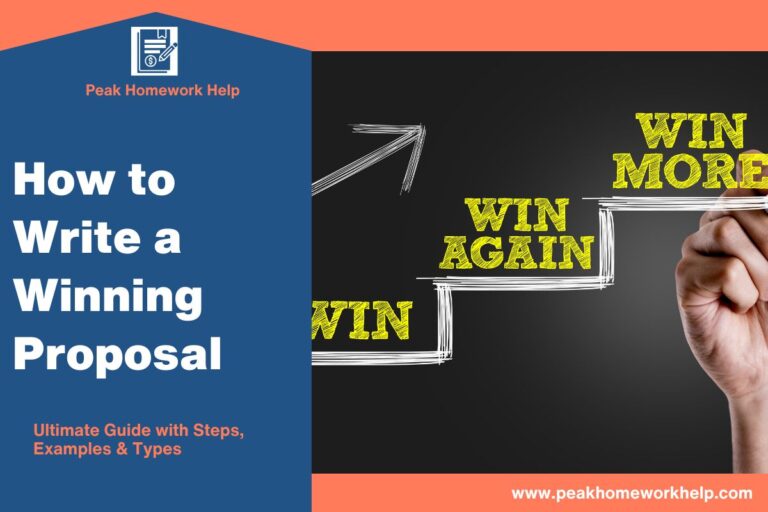How to Write a Proposal: Ultimate Guide with Steps, Examples & Types
Proposal writing is the cornerstone of success in business, academics, non-profits, and government sectors. A compelling, well-structured proposal can be the decisive factor between approval and rejection, funding and missed opportunity. Across industries, it demonstrates credibility, clarity, and strategic thinking, turning ideas into actionable outcomes. By choosing to hire an expert proposal writer, you not…
